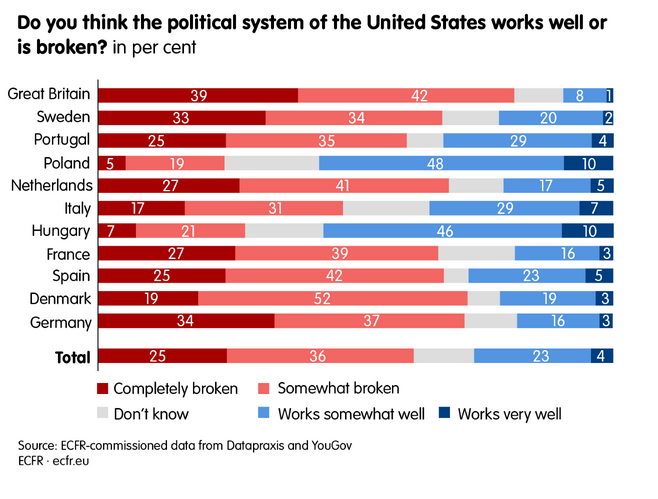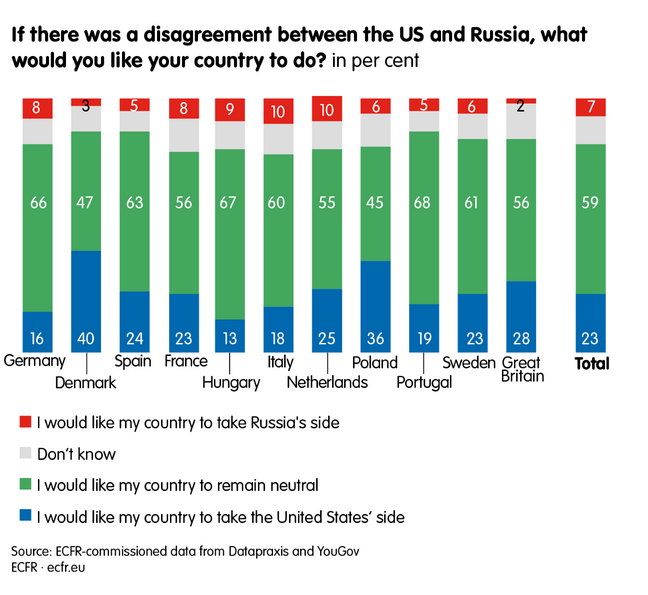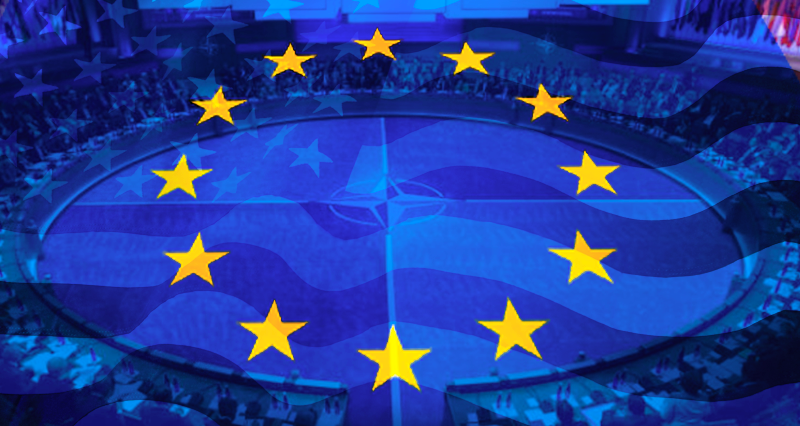By Ali Rıza Taşdelen
EU leaders have held an extraordinary 2-day summit in February 25-26. Held via videoconference, the summit’s agenda on the first day was COVID-19. On the second day, relations with the NATO, the US President Biden and the EU’s defense and security policies were discussed.
Of course, what draw attention to this summit was the participation of Jens Stoltenberg, Secretary General of NATO. We will focus in our evaluation of the summit on the relations between the EU, NATO and the US.
NATO and EU reaffirmed confidence
Although French President Emmanuel Macron in his discourse questions NATO and advocates for it’s restructuring, the majority of EU countries favor improving relations with the transatlantic organization.
Germany takes a mediating position in favor of both progressing the transatlantic alliance and developing Europe’s defense capacity.
“We must act strategically to defend our interests and values. In transatlantic relations, Europe is ready to play its role as a strong and reliable partner,” President of the European Council Charles Michel said. Michel added that Europe could truly play the role of a “strategic actor” in the next decade only together with the NATO. On the other hand, he advocates not for independence from the NATO, but for an “autonomous” position within it. We also observe that Macron’s high-pitched speeches, highlighting “Strong Europe” and “strategic autonomy”, are meaningless.
In fact, the final summit declaration states that the EU is “committed to cooperate closely with NATO, in full respect of the principles set out in the Treaties”. The declaration also formulates that the EU “looks forward to cooperating with the new United States administration on a strong and ambitious transatlantic agenda that includes a close dialogue on security and defence”, thus sending a positive message to the new US president.
Europeans do not trust the US
Meanwhile the gentlemen in Brussels, though to differing degree, confirm their trust in the US and NATO, how do the peoples of Europe see the US, Russia and China? A report published by the European Council on Foreign Relations (ECFR) in January 2021 presents striking results.
The ECFR commissioned YouGov and Datapraxis to conduct a survey of 15,000 people in 10 NATO countries and Sweden after Biden’s election. The survey results were published in a report titled “The crisis of American power: How Europeans see Biden’s America”.

The report reveals that the vast majority of Europeans do not want to participate in an American war with Russia or China, preferring to remain neutral. 77 percent of the questioned reject siding with the US in a war against Russia, and 78 percent side prefer neutrality in a US-China conflict. Therefore, the European public strongly opposes NATO’s role in US war plans. Additionally, the majority considers the European political system as superior to the US system.

China more important as partner than the US
While 83 percent of Europeans oppose closer economic ties with the United States, 90 percent of the French and Germans think that their country does not need American aid for national defense.
While the United States and NATO see Russia and China as primary threats, European companies consider Russia and China as key partners. In 2020, China overtook the US as the European Union’s largest trading partner, and at the end of 2020 the EU signed a comprehensive investment agreement with China despite US concerns.
Despite all the US interference and hindrance, Germany keeps on to progress the North Stream 2 pipeline project in cooperation with Russia.
Europeans are observing and noticing, and will in the future see even more clearly that the US’ led unipolar world has crashed and that the transatlantic relationship will not work as before. They see that China and Russia are the global leading forces, that form a new civilization centered Asia in the recent years, and that Turkey will also join the this new civilization.
We can state today that in the post-COVID-19 period, the Western world will tremble and popular movements of the masses will arise. These earthquakes will not only be caused by economic problems. These movements will also struggle against the US, which wants to drag Europe into its politics of aggression and expansion.
For the results of the ECFR survey, see: https://ecfr.eu/publication/the-crisis-of-american-power-how-europeans-see-bidens-america/

















Leave a Reply